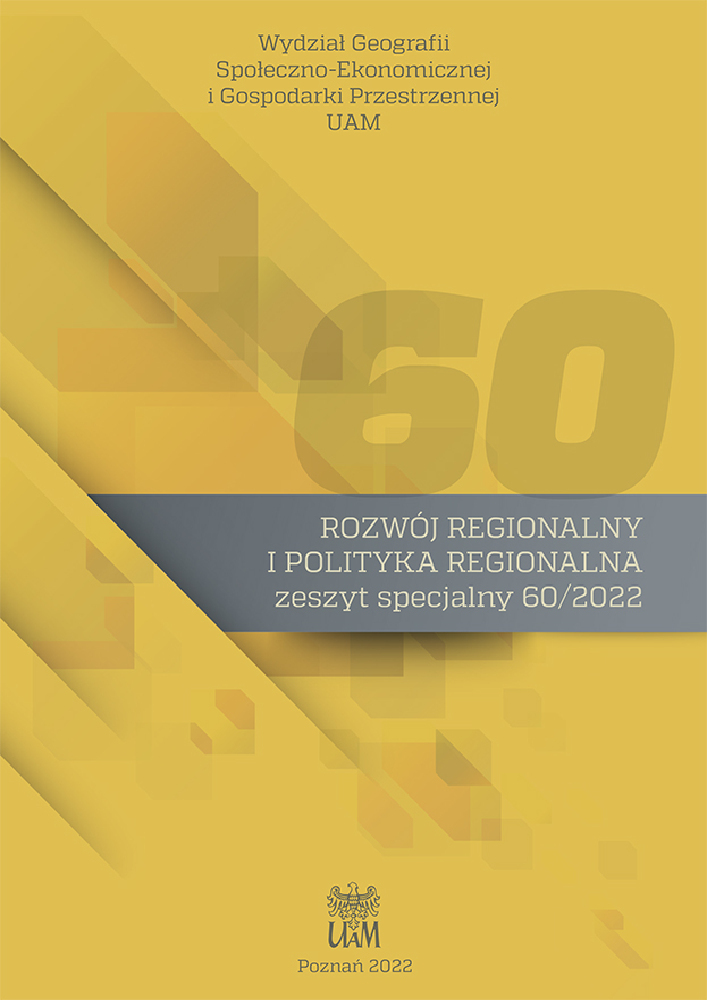Abstract
This article focuses on urban development in Conakry, the capital of the Republic of Guinea, to reflect on the progress and innovation represented by the increasingly widespread application of the World Bank’s international environmental and social standards with respect to the consideration of local stakeholders in governance processes. It also examines the paradoxical fact that, within the same territory, the variable application of those standards can create strong inequalities, particularly in the treatment of people involuntarily displaced by projects of public interest. This article underlines that the funding source of a project often determines whether international standards are adhered to. These differences in the consideration of people affected by projects may thus depend on criteria that are difficult for them to understand and are largely beyond their control.
References
Aguilar-Stoen M., Hirsch C. 2015. Environmental Impact Assessments, local power and self-determination: The case of mining and hydropower development in Guatemala. The Extractive Industries and Society, 2, 3: 472-479. DOI: https://doi.org/10.1016/j.exis.2015.03.001
Cernea M. 1988. Nongovernmental organizations and local development. World Bank discussion paper, 40.
FIDH 2004. Mission Internationale d’Enquête, Guinée. Une démocratie virtuelle, un avenir incertain (International Fact-Finding Mission, Guinea. A virtual democracy, an uncertain future). n°386.
Fortier J-F. 2014. La déterritorialisation en tant que désinstitutionalisation de l’espace politique. Réflexions sur la gouvernance territoriale et les conditions de possibilité d’une critique sociale (Deterritorialization as deinstitutionalization of political space. Reflections on territorial governance and the conditions of possibility of a social critique). [In:] M. Soulière et al. (dir.), Visages contemporains de la critique sociale, réflexions croisées sur la résistance quotidienne (Contemporary faces of social criticism, cross-reflections on everyday resistance). Éditions ACSALF, p. 107-126.
Human Rights Watch 2019 (https://www.hrw.org/fr/news/2019/06/18/guinee-des-expulsions-forcees-draconiennes. consulté le 20/10/2021).
IFC 2012. Performance standards on Environmental and Social Sustainability. World Bank Group, Washington, DC, USA.
IFC 2002. Handbook for Preparing a Resettlement Action Plan. World Bank Group, Washington, DC, USA.
Leduc G., Raymond M. 2000. L’évaluation des impacts environnementaux: Un outil d’aide à la décision (Environmental Impact Assessment: A Decision Support Tool). Éditions MultiMondes, Sainte-Foy.
Porter A.L., Fittipaldi J.J. (Eds.) 1998. Environemental Methods Review: Retooling Impact Assessment for the New Century. The Press Club, AEPI, Fargo, USA.
Republic of Guinea 2021. Décision N°A/2021/00344/MEEF/CAB portant contenu, méthodologie et procédure des études environnementales et sociales et pénalités de retard de renouvellement du certificat de conformité environnementale (Decision N°A/2021/00344/MEEF/CAB on the content, methodology and procedure of environmental and social studies and penalties for late renewal of the environmental compliance certificate).
Republic of Guinea 2017. Manuel d’opérations sous forme de «lignes directrice» pour l’expropriation pour cause d’utilité publique et la compensation des terres et des ressources naturelles en République de Guinée (Operations manual in the form of «guidelines» for the expropriation for public utility and compensation of land and natural resources in the Republic of Guinea).
Rey P., Mazalto M. 2020. Quand le développement des territoires miniers brouille les frontières entre les secteurs public et privé. Cas du secteur minier en Afrique de l’Ouest (When the development of mining territories blurs the boundaries between the public and private sectors. The case of the mining sector in West Africa.). Mondes en Développement. n°189. Caïrn. pp. 81-97. DOI: https://doi.org/10.3917/med.189.0081
Rey P., Mazalto M., Jeanne I. 2020. Reconciling standards and the operational needs of mining projects in Africa: Examples from Guinea. The Extractive Industries and Society, 8, 1: 23-31. DOI: https://doi.org/10.1016/j.exis.2020.11.004
Rey P., Pascal 2011. Droit foncier, quelles perspectives pour la Guinée? Réflexion sur la réforme foncière à partir de l’exemple de la Guinée Maritime (Land law, what prospects for Guinea? Reflection on land tenure reform based on the example of Maritime Guinea). Annales de géographie, 679: 298-319. DOI: https://doi.org/10.3917/ag.679.0298
Therivel R., Wood G. 2018. Methods of Environmental and Social Impact Assessment. 4th Ed. The Natural and Built Environment Series. Routledge Editions, London, UK. DOI: https://doi.org/10.4324/9781315626932
World Bank 2018. Environmental and Social Framework. World Bank Group, Washington, DC, USA.
License
Copyright (c) 2022 Pascal Rey, Margot Petitpierre

This work is licensed under a Creative Commons Attribution 4.0 International License.

